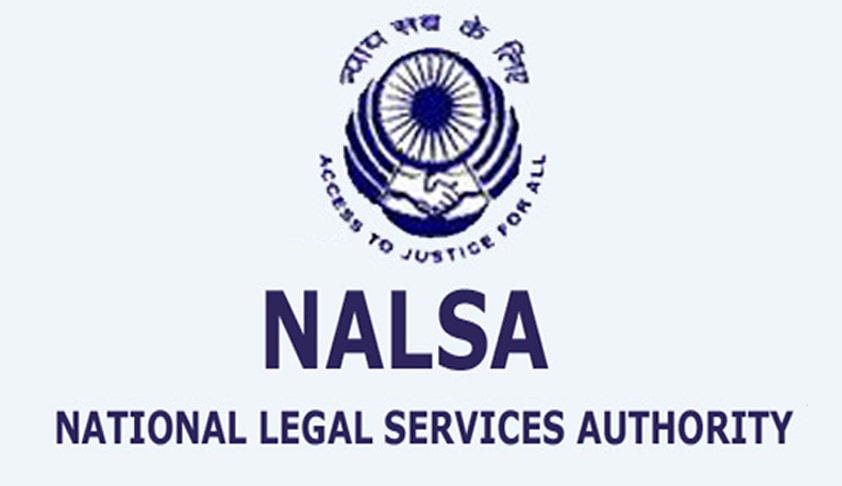Union Law & Justice Minister Shri D.V. Sadananda Gowda has called for appropriate and effective legal services to be reached to poor, to ensure equality before law as we are a welfare state. Addressing an orientation workshop cum launching function organized by the National Legal Services Authority (NALSA) in collaboration with the Delhi State Legal Authority (DLSA) in New Delhi today,...

